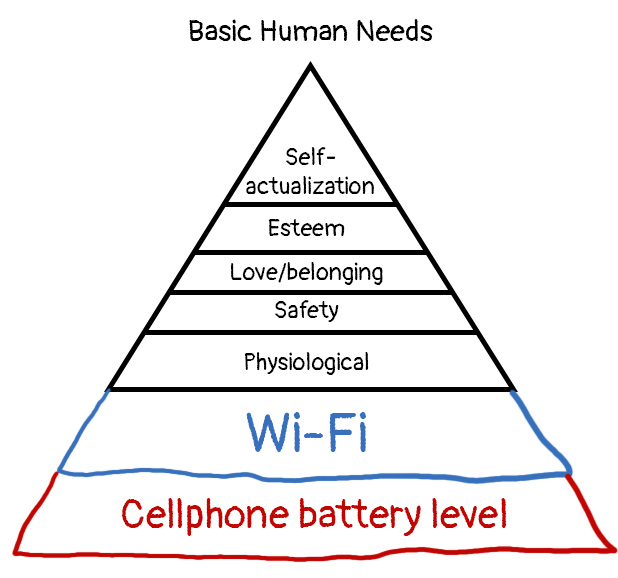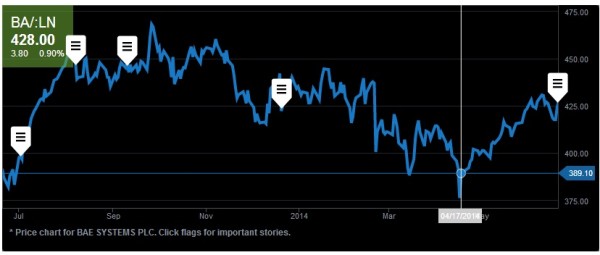February 7, 2017
Internet Archaeology.
The Internet – the one we all know and couldn’t do without for a second today – is still only a relatively new phenomenon. Just 20 years ago there was no Google, no Yahoo… Just 12 years ago you could only get yourself an account on Facebook if you were a student at an Ivy League university; the only tweets made back then were the original, analog versions; and iPhones were a mere figment of Steve Job’s imagination.
(The first iPhone appeared just 10 years ago; it had no front camera, no video, no GPS, no App Store! It’s like with many things today we take for granted – just a decade earlier they’d seem simply impossibly progressive and crazy!)
Then there’s the terminological confusion regarding the word ‘Internet’. The ‘Internet‘ is used to refer to all sorts of stuff while, strictly speaking, the Internet is a super-network joining up a huge quantity of local networks connected among themselves with TCP/IP protocols. This infrastructure uses the Worldwide Web, i.e., a network of millions of webservers all around the world, and this is where the likes of Google, Facebook and all the other zillion sites live. It’s namely this informational environment folks refer to when they tell you to find something on the Internet or ask if you’ve been banned from using the Internet at work. However, besides the web (www) infrastructure of the Internet, all sorts of other things are used, like various peer-to-peer networks, email, FTP servers, and other useful stuff like CCTV, televisions, ATMs, cars, and myriad other IoT devices.
But the theory and practice of modern computer networks aren’t what I want to talk about today. Instead, I’d like to talk about… archaeology! Sort of. I want to tell you about four proto-Internets of the past (in the widest meaning of the word ‘Internet’).
Project Cybersyn (Chile)



